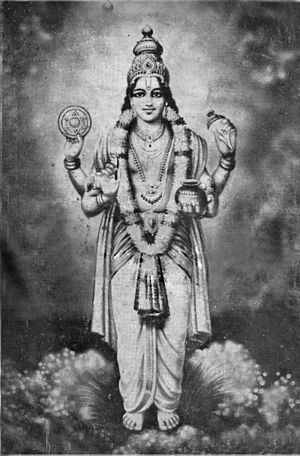By Michael Cobb
http://www.be-a-better-you.com
Genuine Happiness from Within
Life isn’t the sweetest candy. Sometimes, when I feel like the world is just too heavy, I look around and find people who continued to live fascinating and wonderful lives. And then thoughts come popping into my mind like bubbles from nowhere – “How did their life become so adorably sweet? How come they still can manage to laugh and play around despite a busy stressful life?” Then I pause and observed for awhile… I figured out that maybe, they start to work on a place called ‘self’.
So, how does one become genuinely happy? Step 1 is to love yourself.
My theology professor once said that “loving means accepting.” To love oneself means to accept that you are not a perfect being, but behind the imperfections must lie a great ounce of courage to be able to discover ways on how to improve your repertoire to recover from our mistakes.
Genuine happiness also pertains to contentment. When you are contented with the job you have, the way you look, with your family, your friends, the place you live in, your car, and all the things you now have – truly, you know the answer to the question “how to be genuinely happy.”
When we discover a small start somewhere from within, that small start will eventually lead to something else, and to something else. But if you keep questioning life lit it has never done you any good, you will never be able to find genuine happiness.
I believe that life is about finding out about right and wrong, trying and failing, wining and losing. These are things that happen as often as you inhale and exhale. Failure, in a person’s life has become as abundant and necessary as air. But this should not hinder us from becoming happy.
How to be genuinely happy in spite all these? I tell you… every time you exert effort to improve the quality of life and your being, whether it is cleaning up your room, helping a friend, taking care of your sick dog, fail on board exams and trying again, life gives you equivalent points for that.
Imagine life as a big score board like those which are used in the NFLs. Every time you take a step forward, you make scoring points. Wouldn’t it be nice to look at that board at the end of each game and think to yourself “Whew! I got a point today. I’m glad I gave it a shot.”, instead of looking at it all blank and murmur “Geez, I didn’t even hit a score today. I wish I had the guts to try out. We could have won!” and then walk away.
Genuine happiness isn’t about driving the hottest Formula 1 car, nor getting the employee of the year award, earning the highest 13th month pay, or beating the sales quota. Sometimes, the most sought after prizes in life doesn’t always go to the fastest, the strongest, the bravest or not even the best. So, how do you become genuinely happy? Every one has his own definition of ‘happiness’. Happiness for a writer may mean launching as much best selling books as possible. Happiness for a basketball rookie may mean getting the rookie of the year award. Happiness for a beggar may mean a lot of money. Happiness for a business man may mean success. So, really now, how do we become genuinely happy? Simple. You don’t have to have the best things in this world. Its about doing and making the best out of every single thing. When you find yourself smiling at your own mistake and telling your self “Oh, I’ll do better next time”, you carry with you a flame of strong will power to persevere that may spread out like a brush fire. You possess a willingness to stand up again and try – that will make you a genuinely happy person.
When you learn to accept yourself and your own faults. You pass step 1 in the project “how to become genuinely happy”.For as long as you know how to accept others, you will also be accepted. For as long as you love and know how to love, you will receive love ten folds back.
Again, throw me that same question “how to become genuinely happy?”. I’ll refer you to a friend of mine who strongly quoted- “Most of us know that laughter is the best medicine to life’s aches and pain. But most of us don’t know that the best kind of laughter is laughter over self. Coz then you don’t just become happy… you become free.”
Article provided by Michael Cobb. Visit Michael's Self Help, Self Improvement, Motivation and Personal Growth website at http://www.be-a-better-you.com/articles or the Self Help, Self Improvement, Motivation and Personal Growth Blog at http://be-a-better-you.blogspot.com for more great articles, tips and resourses.
---------------------------------------------------
This article may be freely used and distributed in its original
form on the condition that the above resourse box (including
links) and this paragraph are left intact.
---------------------------------------------------
![Reblog this post [with Zemanta]](http://img.zemanta.com/reblog_e.png?x-id=21bc3c1a-e8a8-4bfc-a103-5a3e6f82bc11)

![Reblog this post [with Zemanta]](http://img.zemanta.com/reblog_e.png?x-id=37d15227-0227-4718-892f-c5db0771a1c2)
![Reblog this post [with Zemanta]](http://img.zemanta.com/reblog_e.png?x-id=8b52c0da-0a82-436a-a924-26aedb87c525)


